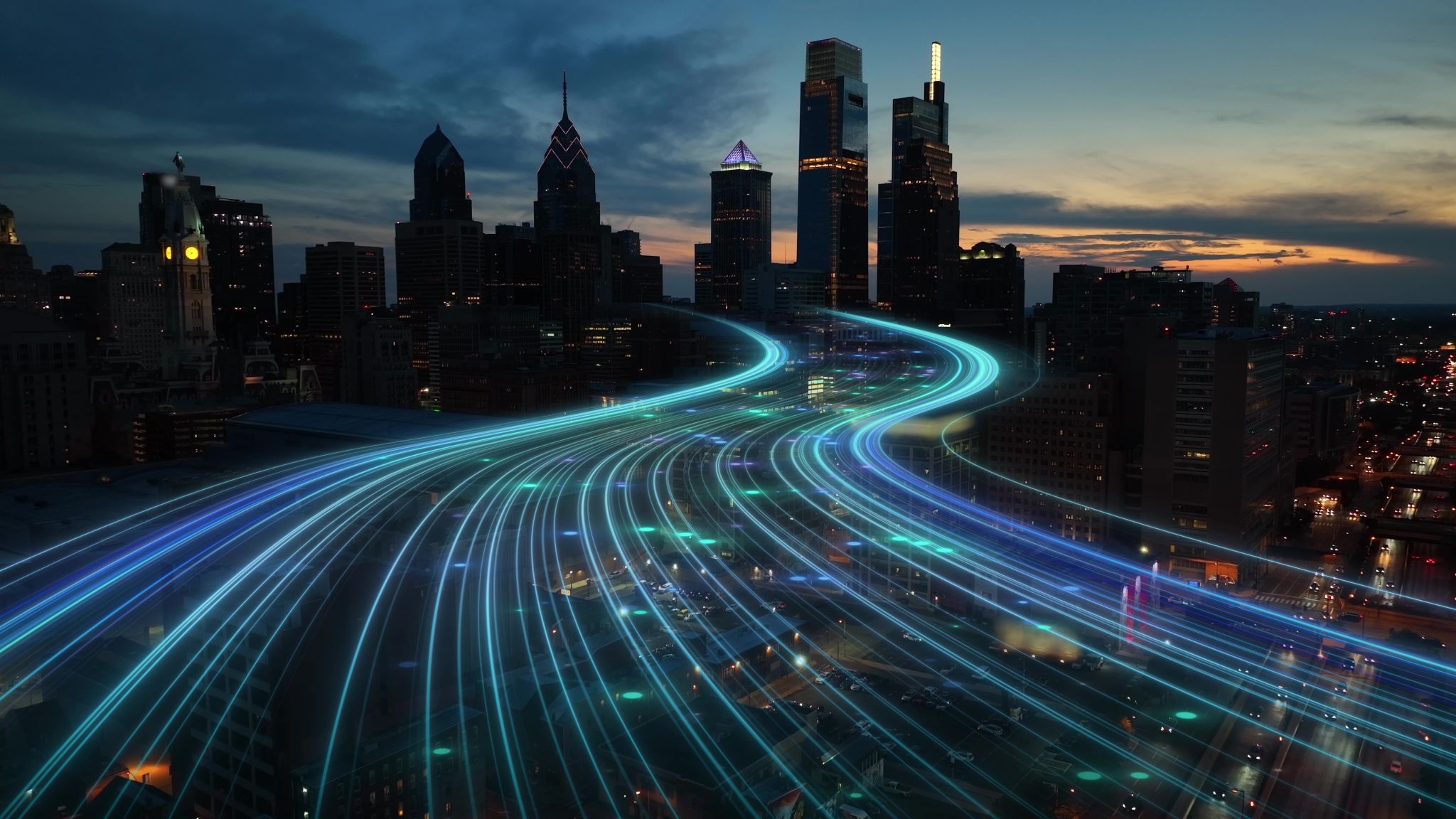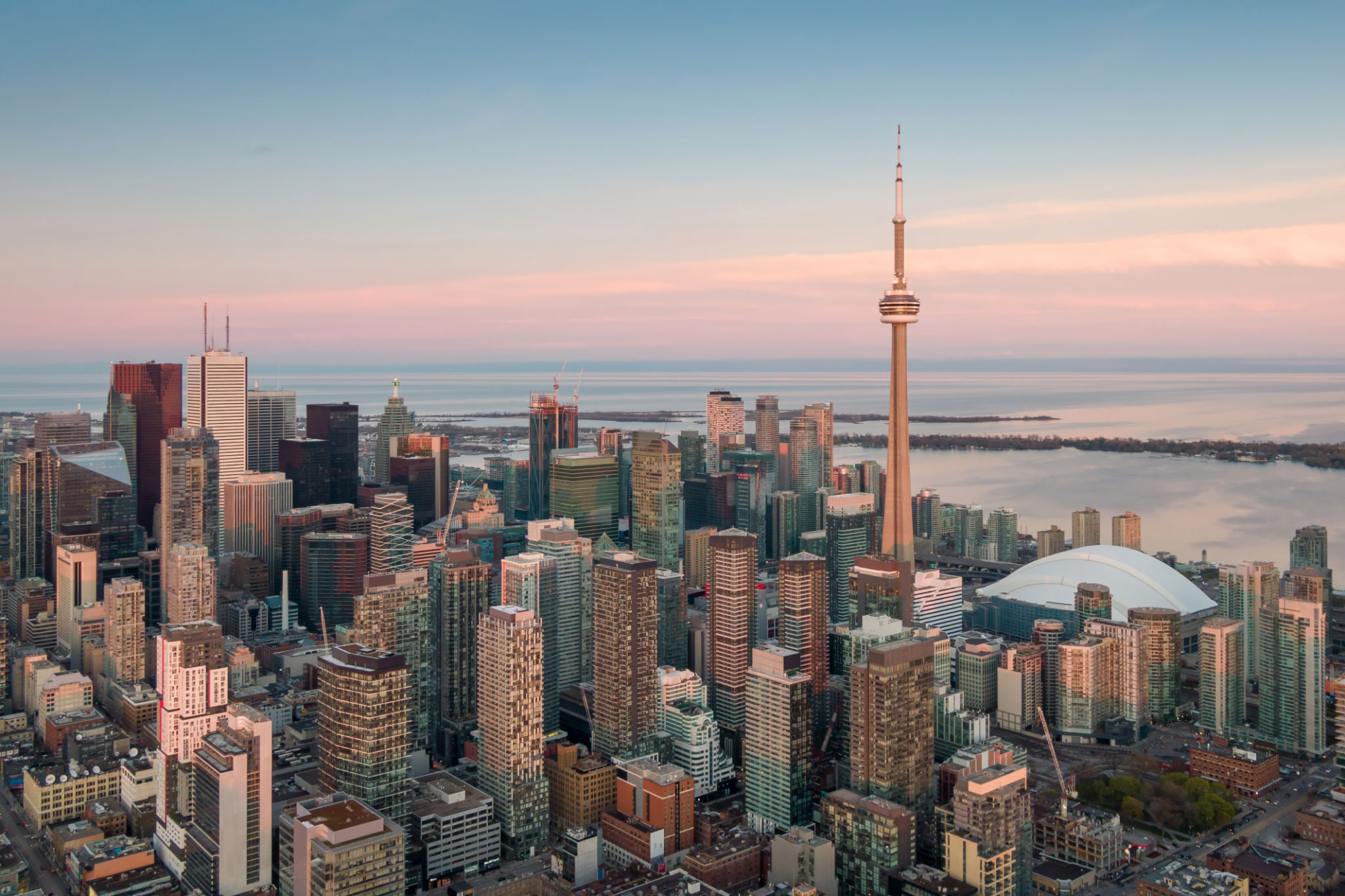Navigating Smart Cities: The Role of AI in Urban Development
The Rise of Smart Cities
In recent years, the concept of smart cities has gained significant traction as urban areas seek innovative solutions to manage the challenges posed by rapid urbanization. A smart city leverages technology to improve the quality of life for its citizens, enhance sustainability, and optimize resource management. At the heart of this transformation is the integration of Artificial Intelligence (AI), which plays a pivotal role in navigating this new urban landscape.
Smart cities are designed to be more efficient and responsive to the needs of their residents. They utilize connected devices, data analytics, and AI to create an interconnected ecosystem that enhances various aspects of urban life. From traffic management to waste disposal, AI is revolutionizing how cities operate and respond to the needs of their inhabitants.

AI-Powered Urban Infrastructure
One of the most significant applications of AI in smart cities is in the development of urban infrastructure. AI systems can analyze vast amounts of data to improve transportation networks, optimize energy consumption, and enhance public safety. For instance, AI-driven traffic management systems can predict congestion patterns and adjust traffic signals in real-time, reducing commute times and lowering emissions.
Moreover, AI is instrumental in managing utilities and resources efficiently. By analyzing consumption patterns, AI can help cities optimize energy usage, reduce waste, and promote sustainable practices. This not only benefits the environment but also reduces operational costs for municipalities.

Enhancing Public Services with AI
AI is also transforming public services in smart cities. From healthcare to education, AI-powered solutions are making services more accessible and efficient. In healthcare, AI can predict disease outbreaks by analyzing patterns and trends, allowing for quicker response times and better resource allocation. Similarly, in education, AI can personalize learning experiences for students, catering to individual needs and improving educational outcomes.
Public safety is another critical area where AI is making a difference. By utilizing AI-driven surveillance systems, cities can monitor public spaces more effectively, detect anomalies, and respond to incidents swiftly. This not only enhances security but also fosters a sense of safety among residents.

Challenges and Considerations
While the integration of AI in smart cities offers numerous benefits, it also presents several challenges. Privacy concerns are at the forefront, as the widespread use of surveillance and data collection raises questions about data security and individual privacy rights. Cities must ensure that robust data protection measures are in place to safeguard citizen information.
Furthermore, the implementation of AI technologies requires substantial investment and infrastructure development. Cities need to balance the costs with the potential benefits while ensuring equitable access for all residents. This involves addressing digital divides and ensuring that all citizens can benefit from smart city initiatives.

The Future of AI in Urban Development
The future of AI in smart cities looks promising as technological advancements continue to drive innovation. As AI becomes more sophisticated, its applications in urban development will expand, offering new opportunities to enhance city living. Collaborative efforts between governments, technology providers, and communities will be essential to realize the full potential of AI in creating sustainable and livable urban environments.
Ultimately, the role of AI in smart cities is to create a harmonious balance between technology and human needs. By leveraging AI-driven solutions, cities can become more resilient, responsive, and inclusive, paving the way for a brighter future for urban dwellers worldwide.